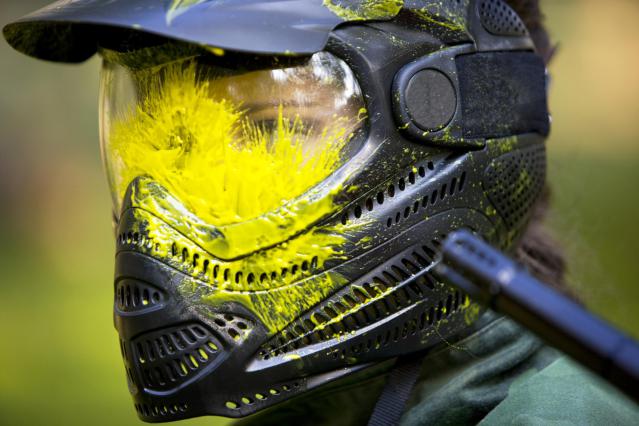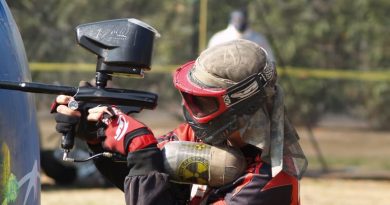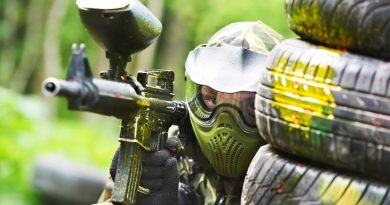It’s the little things
By Tim J. Gavlick
When is the last time that you have encountered an experienced player? Chances are that we all have. But how do you know when that player is actually experienced or is simply trying to gain some attention? And what can you do to appear as professional as possible? The answer lies in the details of the things we do and how we do them.
First off, a lot of the most important details are the small, off-hand ones. If a person was to pay attention to these details, they could acquire a clearer impression of the one they are observing. Such things as saying “marker” instead of “gun” when referring to your gear, putting on a barrel stop as soon as play ends, and the efficiency with which you fill your pods can come into play. These can make or break the line between professional and poser.
The little things are especially important when dealing with courtesy and respect on and off the field. Courtesies such as lending out paint during a game or helping someone by holding some gear while they make adjustments are big. Having respect for the captain of the team (even if that person lacks respect) can gain you that same respect from others in return.
Knowing how everything in your bag works is also great. Even if you do not feel you need the respect, then do it for yourself. If something of yours breaks in the middle of a game, it carries a great feeling of accomplishment to be able to fix it in thirty seconds, while a friend covers you. And if someone else happens to have a piece of gear that you have and know inside and out, you can gain great respect by teaching then how to fix or maintain it.
I have seen too many instances in which a player’s gear breaks and they do not know what’s wrong. And nobody offers help, even those with the same exact gear. Even taking a look and being dumbfounded by the problem will make you seem like a better person than if you just refilled your hopper and stood there while the person was struggling to make the next game.
Another thing that I have seen too many times is people getting new gear and not knowing how to use it. If you are receiving a new piece of equipment, admire it for a few minutes, and then read the manual! If you don’t know how to adjust the velocity on your marker, there is a problem. Practice before you play, and more importantly, practice as you play, to work out any kinks or problems. Nobody wants to be that guy who can’t get his velocity under 260 to meet the indoor limit. Be smart, and think ahead.
In conclusion, you can become a better role model and player by paying attention to detail. Knowing the details can cost you a win, and the details can propel you over the top. In paintball, efficiency and skill are key concepts. And if you don’t have both, then you had better get practicing! But, most importantly of all, make it fun.




